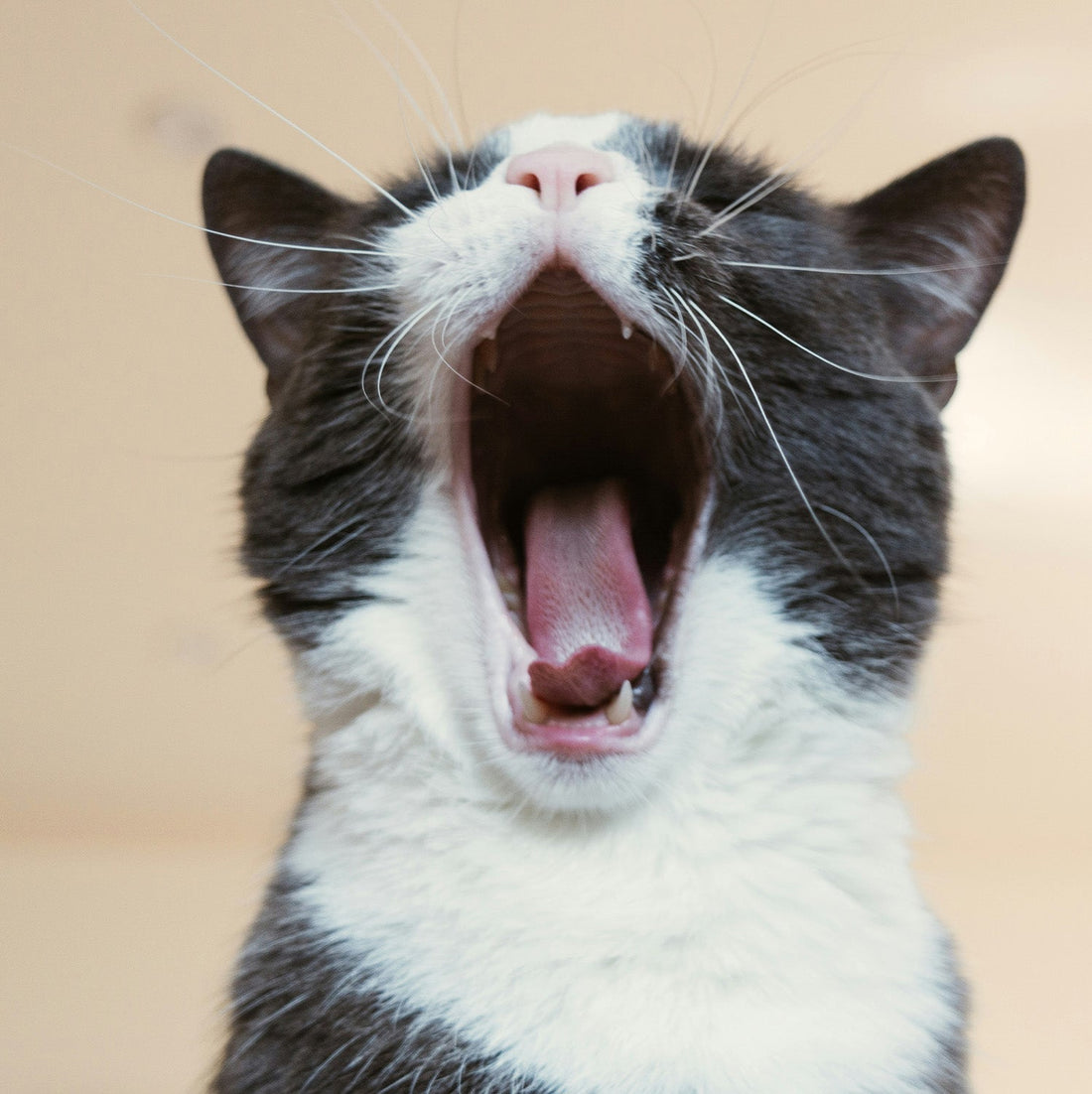
What Nutrients Do Cats Need—And Why They Matter
Share
Cats may have a reputation for being low-maintenance, but when it comes to their nutrition? They’re anything but. Unlike dogs, who are omnivores and can get some of their nutrition from fruits and veggies, cats are obligate carnivores. This means that while certain produce might be good for them, they need to get all of their required nutrients derived from meat. So no, cats cannot be vegans.
Curious about the exact nutrients cats require? Here are the basics.
1. Protein
Why they need it: Protein provides energy and supports nearly every bodily function—from muscle development to immune health.
Best sources: Chicken, turkey, beef, fish, and other high-quality animal proteins.
2. Taurine
Why they need it: Taurine is an amino acid that supports vision, heart health, and reproduction. Cats can’t make enough of it on their own, so it must come from their diet.
Best sources: Meat! Especially the least appetizing kinds: heart and liver.
3. Arginine
Why they need it: This amino acid helps remove ammonia from the body. Without it, toxins can build up fast—and it can be dangerous.
Best sources: Animal proteins like fish, poultry, and red meat.
4. Fats (Including Omega-3 and Omega-6 Fatty Acids)
Why they need it: Fats give your cat energy, keep their skin and coat shiny, and support brain and heart health.
Best sources: Chicken fat, fish oil, and other animal-based fats.
5. Vitamins
Why they need them: Vitamins support everything from immune function to skin health. Some—like Vitamin A—must come from animal sources because cats can't convert plant-based forms.
Key vitamins: A, D, E, K, B-complex (especially B12).
6. Minerals
Why they need them: Minerals like calcium, phosphorus, magnesium, and potassium are vital for bone health, nerve function, and hydration.
Best sources: Balanced commercial cat food, meat, and organ tissue.
7. Water
Why they need it: Cats are notorious for not drinking enough water, but hydration is crucial for kidney function and overall health.
Tips: Offer wet food, consider a cat water fountain, and always keep fresh water available.
Why It All Matters
A well-balanced diet keeps your cat energetic, playful, healthy, and shameless. Nutrient deficiencies can lead to serious health issues—from vision loss and heart disease to muscle wasting and digestive troubles.
The easiest way to make sure your cat is getting what they need? Choose high-quality, vet-approved cat food formulated to meet AAFCO (Association of American Feed Control Officials) standards. Bonus points if it uses real meat, limited fillers, and upcycled ingredients to support both your pet’s health and the planet.
